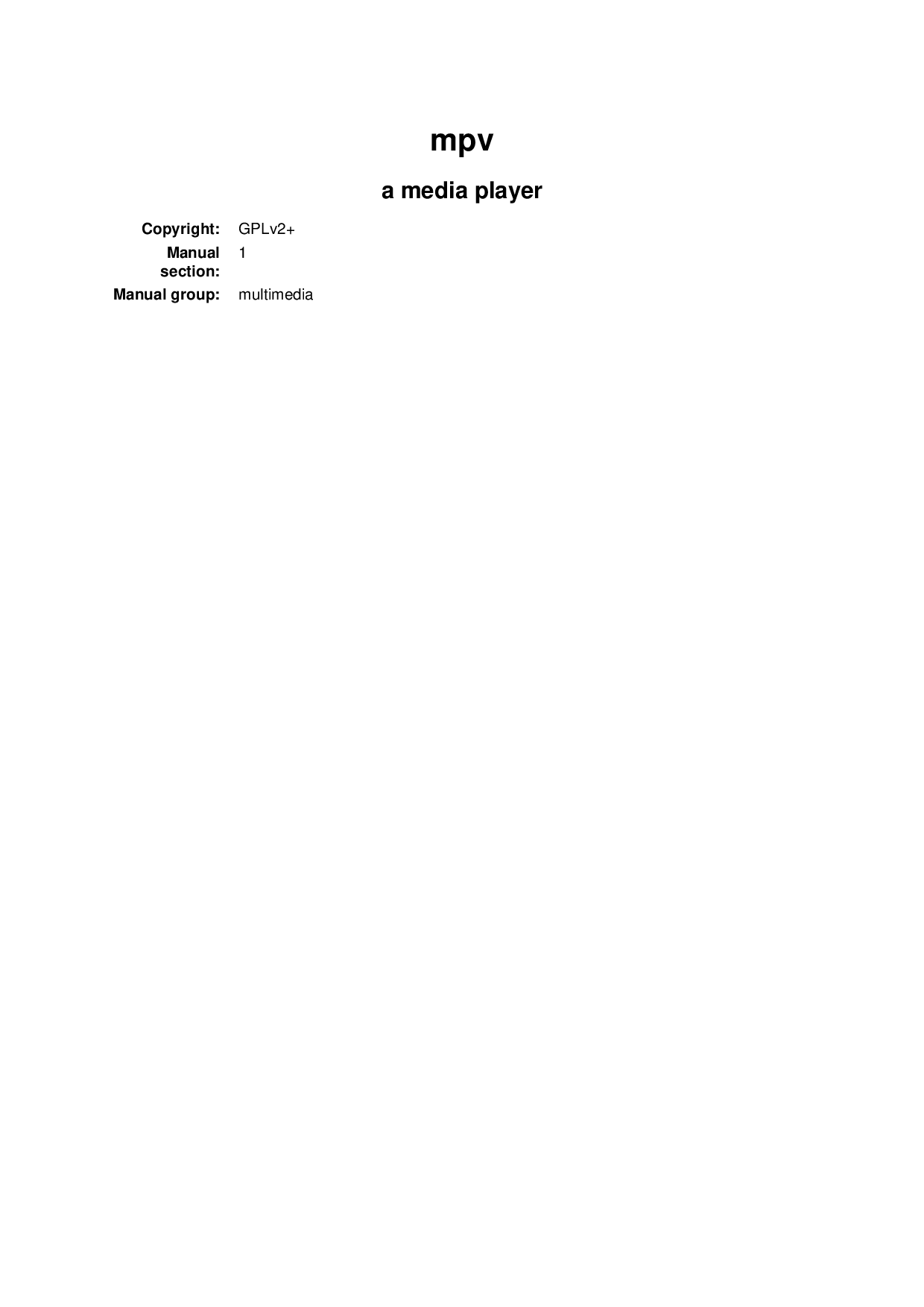Construct LALR parsing table for the following grammar: S→ CC, C → cC, C → c d. Explain the usage of YACC parser generator in construction of a Parser. What are different intermediate code forms? Discuss different Three Address code types and implementations of Three Address statements. Building SLR Parse Tables The easiest technique for generating LR-based parse table is known as SLR (Simple LR). Understanding this technique should provide you with what you need to know to understand how LR parsers work in general; it is also the foundation for the more complex techniques (LR and LALR). SLR (1) Parsing. It is a simple LR parsing. Most of the function of this parsing is the same as LR (0) parsing. The parsing table for both the parser vary. The SLR (1) parsing use canonical LR (0) item. The reduce move is placed only in the FOLLOW of those variables whose production is reduced. Find more on PROGRAM FOR LL (1) PARSING Or get search suggestion and latest updates. Hildegarde Miller author of PROGRAM FOR LL (1) PARSING is from Frankfurt, Germany. Comment should be atleast 30 Characters. Please put code inside Code your code /Code. Construct the corresponding SLR parsing table c. Construct the corresponding LR(1) parsing table d. Construct the corresponding LALR parsing table. You are to use the YACC based LALR(1) parser for the Simple-C programming language to generate 3-address code. Use the lex generated lexical analyzers to work with the parser that you generate.
#include<stdio.h>
#include<string.h>
int i,j,k,m,n=0,o,p,ns=0,tn=0,rr=0,ch=0;
char read[15][10],gl[15],gr[15][10],temp,templ[15],tempr[15][10],*ptr,temp2[5],dfa[15][15];
struct states
{
char lhs[15],rhs[15][10];
int n;
}I[15];
int compstruct(struct states s1,struct states s2)
{
int t;
if(s1.n!=s2.n)
return 0;
if( strcmp(s1.lhs,s2.lhs)!=0 )
return 0;
for(t=0;t<s1.n;t++)
if( strcmp(s1.rhs[t],s2.rhs[t])!=0 )
return 0;
return 1;
}
void moreprod()
{
int r,s,t,l1=0,rr1=0;
char *ptr1,read1[15][10];
for(r=0;r<I[ns].n;r++)
{
ptr1=strchr(I[ns].rhs[l1],'.');
t=ptr1-I[ns].rhs[l1];
if( t+1strlen(I[ns].rhs[l1]) )
{
l1++;
continue;
}
temp=I[ns].rhs[l1][t+1];
l1++;
for(s=0;s<rr1;s++)
if( tempread1[s][0] )
break;
if(srr1)
{
read1[rr1][0]=temp;
rr1++;
}
else
continue;
for(s=0;s<n;s++)
{
if(gl[s]temp)
{
I[ns].rhs[I[ns].n][0]='.';
I[ns].rhs[I[ns].n][1]=NULL;
strcat(I[ns].rhs[I[ns].n],gr[s]);
I[ns].lhs[I[ns].n]=gl[s];
I[ns].lhs[I[ns].n+1]=NULL;
I[ns].n++;
}
}
}
}
void canonical(int l)
{
int t1;
char read1[15][10],rr1=0,*ptr1;
for(i=0;i<I[l].n;i++)
{
temp2[0]='.';
ptr1=strchr(I[l].rhs[i],'.');
t1=ptr1-I[l].rhs[i];
if( t1+1strlen(I[l].rhs[i]) )
continue;
temp2[1]=I[l].rhs[i][t1+1];
temp2[2]=NULL;
for(j=0;j<rr1;j++)
if( strcmp(temp2,read1[j])0 )
break;
if(jrr1)
{
strcpy(read1[rr1],temp2);
read1[rr1][2]=NULL;
rr1++;
}
else
continue;
for(j=0;j<I[0].n;j++)
{
ptr=strstr(I[l].rhs[j],temp2);
if( ptr )
{
templ[tn]=I[l].lhs[j];
templ[tn+1]=NULL;
strcpy(tempr[tn],I[l].rhs[j]);
tn++;
}
}
for(j=0;j<tn;j++)
{
ptr=strchr(tempr[j],'.');
p=ptr-tempr[j];
tempr[j][p]=tempr[j][p+1];
tempr[j][p+1]='.';
I[ns].lhs[I[ns].n]=templ[j];
I[ns].lhs[I[ns].n+1]=NULL;
strcpy(I[ns].rhs[I[ns].n],tempr[j]);
I[ns].n++;
}
moreprod();
for(j=0;j<ns;j++)
{
//if ( memcmp(&I[ns],&I[j],sizeof(struct states))1 )
if( compstruct(I[ns],I[j])1 )
{
I[ns].lhs[0]=NULL;
for(k=0;k<I[ns].n;k++)
I[ns].rhs[k][0]=NULL;
I[ns].n=0;
dfa[l][j]=temp2[1];
break;
}
}
if(j<ns)
{
tn=0;
for(j=0;j<15;j++)
{
templ[j]=NULL;
tempr[j][0]=NULL;
}
continue;
}
dfa[l][j]=temp2[1];
printf('nnI%d :',ns);
for(j=0;j<I[ns].n;j++)
printf('nt%c -> %s',I[ns].lhs[j],I[ns].rhs[j]);
getch();
ns++;
tn=0;
for(j=0;j<15;j++)
{
templ[j]=NULL;
tempr[j][0]=NULL;
}
}
}
void main()
{
FILE *f;
int l;
clrscr();
for(i=0;i<15;i++)
{
I[i].n=0;
I[i].lhs[0]=NULL;
I[i].rhs[0][0]=NULL;
dfa[i][0]=NULL;
}
f=fopen('tab6.txt','r');
while(!feof(f))
{
fscanf(f,'%c',&gl[n]);
fscanf(f,'%sn',gr[n]);
n++;
}
printf('THE GRAMMAR IS AS FOLLOWSn');
for(i=0;i<n;i++)
printf('tttt%c -> %sn',gl[i],gr[i]);
I[0].lhs[0]='Z';
strcpy(I[0].rhs[0],'.S');
I[0].n++;
l=0;
for(i=0;i<n;i++)
{
temp=I[0].rhs[l][1];
l++;
for(j=0;j<rr;j++)
if( tempread[j][0] )
break;
if(jrr)
{
read[rr][0]=temp;
rr++;
}
else
continue;
for(j=0;j<n;j++)
{
if(gl[j]temp)
{
I[0].rhs[I[0].n][0]='.';
strcat(I[0].rhs[I[0].n],gr[j]);
I[0].lhs[I[0].n]=gl[j];
I[0].n++;
}
}
}
ns++;
printf('nI%d :n',ns-1);
for(i=0;i<I[0].n;i++)
printf('t%c -> %sn',I[0].lhs[i],I[0].rhs[i]);
for(l=0;l<ns;l++)
canonical(l);
printf('nnttPRESS ANY KEY FOR DFA TABLE');
getch();
clrscr();
printf('tttDFA TABLE IS AS FOLLOWSnnn');
for(i=0;i<ns;i++)
{
printf('I%d : ',i);
for(j=0;j<ns;j++)
if(dfa[i][j]!='0')
printf('%c'->I%d | ',dfa[i][j],j);
printf('nnn');
}
printf('nnnttPRESS ANY KEY TO EXIT');
getch();
}
Input File For SLR Parser:
S S+T
S T
T T*F
T F
F (S)
F t
LOGIC:
Read the input string.
Using predictive parsing table parse the given input using stack .
C Parsing String

If stack [i] matches with token input string pop the token else shift it repeat the process until it reaches to $.
RESOURCE:
Turbo C++
Slr Parsing Table Program In C Program
| INPUT & OUTPUT: | |
| Enter the input string:i*i+i | |
| Stack | INPUT |
| $bt | i*i+i$ |
| $bcf | i*i+i$ |
| $bci | i*i+i$ |
| $bc | *i+i$ |
| $bcf* | *i+i$ |
| $bcf | i+i$ |
| $bci | i+i$ |
| $bc | +i$ |
| $b | +i$ |
| $bt+ | +i$ |
| $bt | i$ |
| $bcf | i$ |
| $ bci | i$ |
| $bc | $ |
| $b | $ |
| $ | $ |
| success |